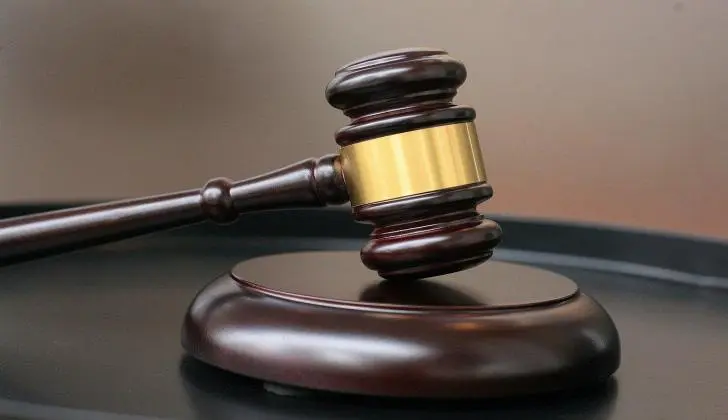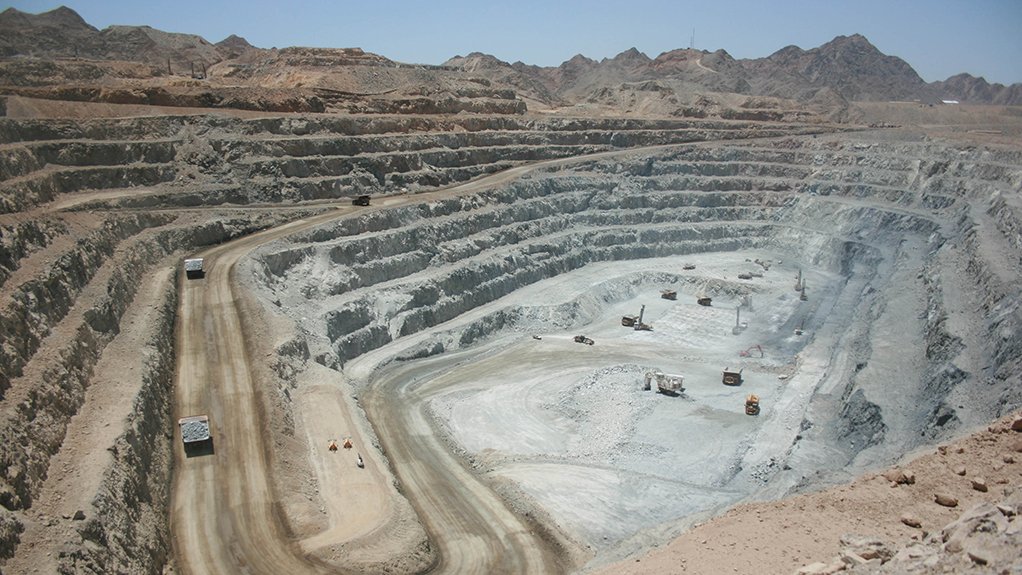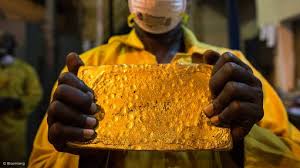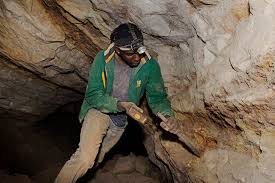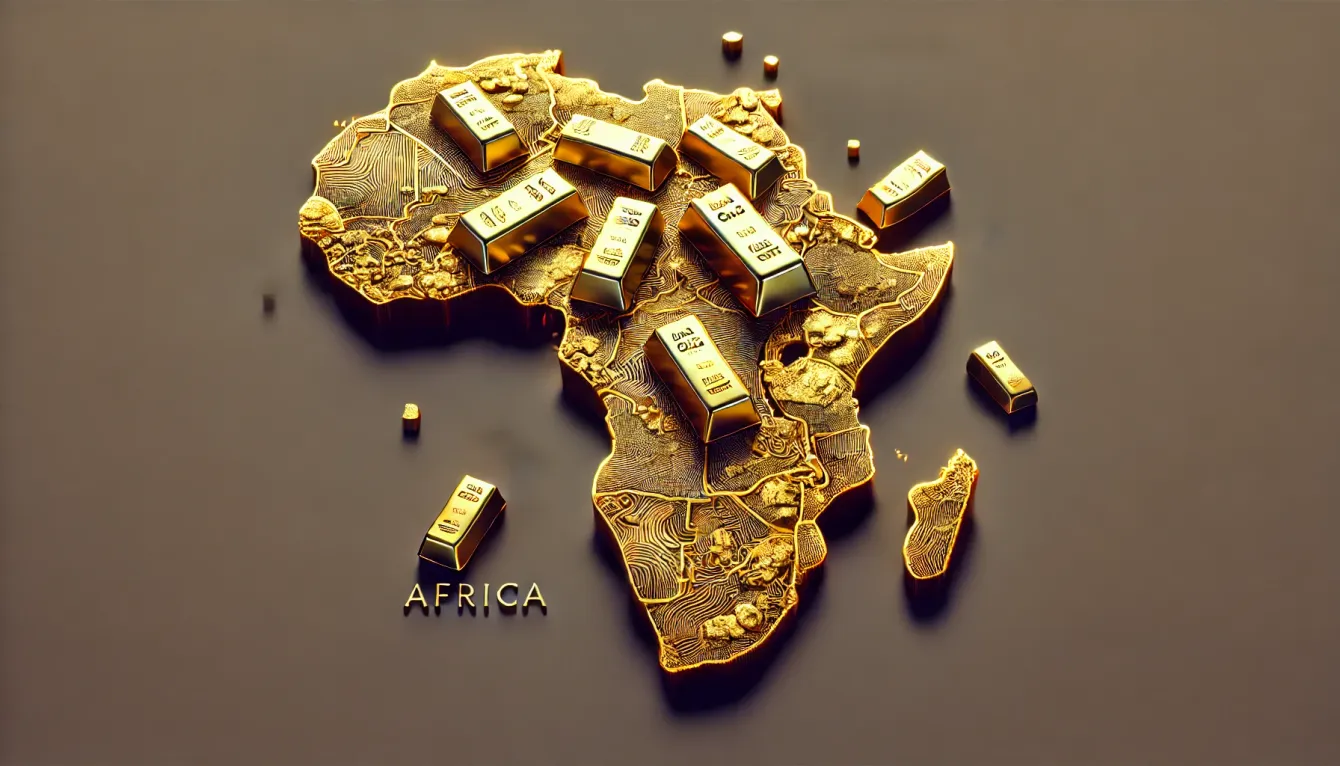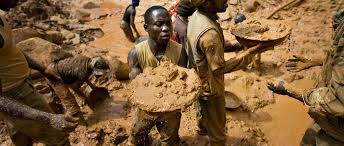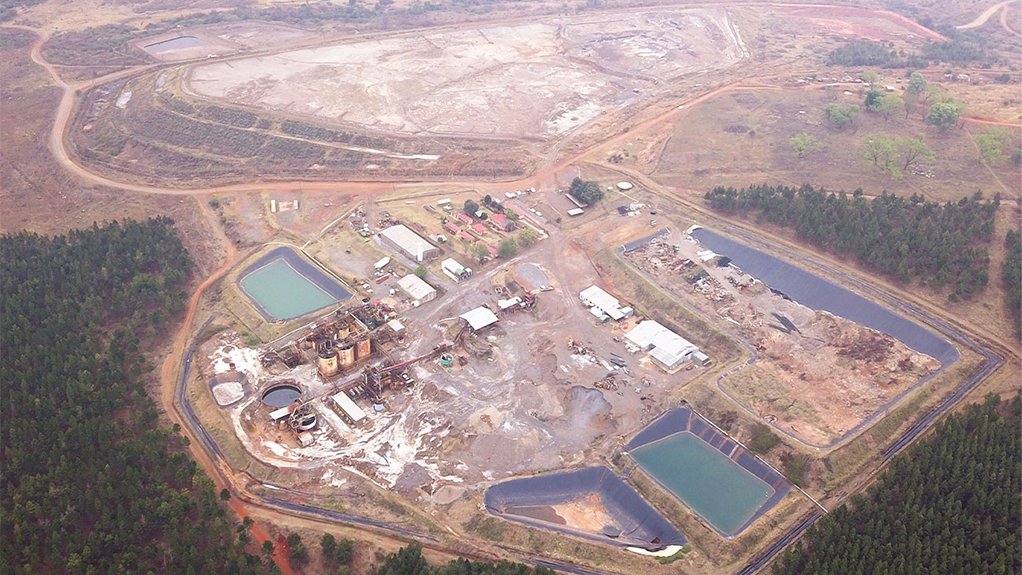Precious Metals

Civil Society Intensifies Emergency Declaration Push Over Galamsey Crisis
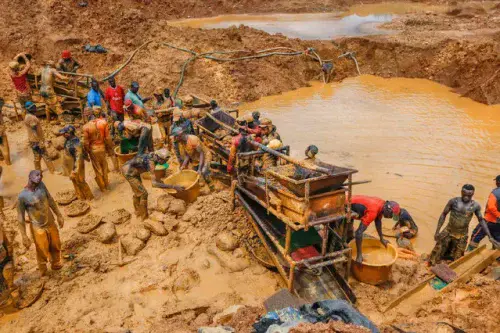
Pressure continues mounting on President John Dramani Mahama to declare a state of emergency over illegal mining (galamsey) activities, with civil society coalitions citing over 7,000 excavators causing mass environmental destruction across Ghana and the Ghana Catholic Bishops’ Conference (GCBC) describing the crisis as “a cancer in our national soul.”
According to IMANI Africa’s latest Criticality Analysis of Governance and Economic Issues, the emergency calls represent a convergence of environmental, moral, and security concerns that have elevated galamsey beyond regulatory challenges to constitutional crisis territory. The analysis indicates that illegal mining now threatens fundamental rights to life, clean water, and sustainable livelihoods across affected communities.
The GCBC issued a comprehensive statement on September 15, 2025, urging the government to adopt bold strategies beyond emergency declarations, while record global gold prices approaching $3,000 per gram have triggered what officials describe as the worst illegal mining surge in Ghana’s history, affecting over 960 families’ farmlands.
The Catholic hierarchy, led by Bishop Matthew Kwasi Gyamfi of Sunyani and Conference President, argues that galamsey has transcended environmental concerns to become a national security threat. Religious leaders cite collapsing food systems, polluted river networks, and systematic resource diversions as evidence requiring extraordinary constitutional powers under Article 31.
IMANI’s analysis suggests that emergency powers would enable rapid redeployment of security resources, suspension of bureaucratic bottlenecks, and imposition of strict curfews in hotspot communities. The think tank notes that such declarations serve symbolic functions by elevating galamsey from policy challenge to national crisis status, potentially creating political space to dismantle entrenched patronage networks.
However, presidential spokesperson Felix Kwakye Ofosu indicated that President Mahama supports emergency measures but believes timing remains crucial. Administration officials maintain that current reforms including stricter excavator import controls, mandatory site rehabilitation requirements, and Environmental, Social, and Governance (ESG) clauses provide sufficient scope for addressing galamsey without suspending civil liberties.
The presidency reportedly fears that emergency powers, while potentially effective short-term, could generate accusations of governmental overreach or selective enforcement if implementation lacks careful management. Officials emphasize ongoing proactive measures outlined during the 2025 State of the Nation Address as evidence of comprehensive anti-galamsey commitment.
President Mahama previously declared galamsey a national emergency during remarks at Juaboso in July 2025, though this statement fell short of formal constitutional emergency declaration procedures. The distinction between rhetorical emergency designation and legal emergency powers remains central to current debates.
Opposition voices, including former Vice President Dr. Mahamudu Bawumia aide Dennis Miracles Aboagye, argue that emergency declarations would not necessarily eliminate illegal mining activities. Critics suggest that government should prioritize investment in sustainable alternatives and enforcement mechanisms rather than constitutional measures.
IMANI concludes that civil society’s growing urgency reflects escalating ecological and human costs associated with unchecked illegal mining. The analysis warns that presidential failure to act decisively risks legitimizing public perceptions of state complicity in the galamsey crisis, potentially undermining governmental credibility.
Mining industry observers note that current gold price levels create unprecedented financial incentives for illegal operations, complicating traditional enforcement approaches. The economic dynamics suggest that effective responses require comprehensive strategies addressing both immediate environmental damage and underlying economic motivations driving illegal mining participation.
The emergency declaration debate occurs amid broader discussions about governmental effectiveness in addressing environmental challenges. Civil society groups argue that extraordinary measures demonstrate political will, while administration officials emphasize sustainable, legally sound approaches that protect constitutional rights while combating illegal mining.
Whether President Mahama ultimately embraces emergency powers or maintains current reform trajectories, political stakes remain elevated. The galamsey crisis represents a defining challenge for the National Democratic Congress (NDC) administration’s environmental stewardship and governance credibility.



